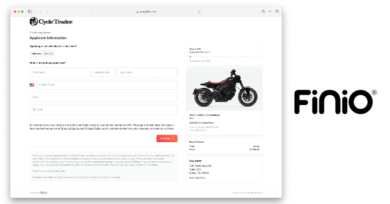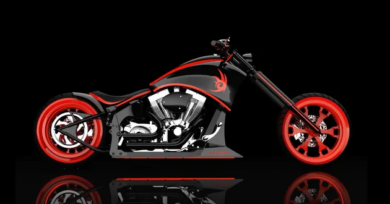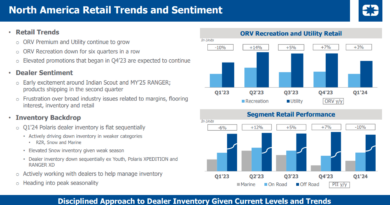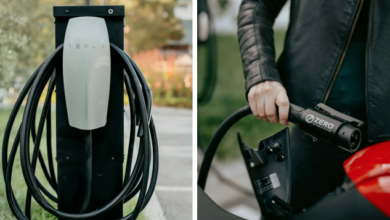New pro-PWC coalition in Florida
Filing a formal petition with the U.S. Department of the Interior in an effort to jumpstart negotiations, a new coalition hopes to reintroduce personal watercraft to Florida’s Biscayne National Park.
Supporters of the coalition include PWIA, AWA, BlueRibbon Coalition, Jet Ski of Miami, Riva Motorsports, the Marine Industries Association of Florida, the Florida Water Access Coalition and the Florida Marine Contractors Association.
Biscayne National Park, located in Miami, south of Key Biscayne and north of the Florida Keys National Marine Sanctuary, banned personal watercraft use in 1998 administratively through a Superintendent’s Compendium. The Compendium, based on what the new coalition calls ‘unproven allegations’, alleged that personal watercraft (PWC) adversely impact the park’s environment. Meanwhile, all other types of recreational and commercial boats — even large commercial shipping vessels — are allowed on the park’s waters.
To further complicate matters, the island community of Key Biscayne Village announced in early August that it would implement a ban of PWC from the shore to 300 feet offshore, with exceptions for homeowners and marinas.
“There is simply no reason to ban these vessels from Biscayne National Park any longer — and that is why we have filed this petition today,” said Jeff Ludwig, regulatory affairs manager of the Personal Watercraft Industry Association (PWIA).
In 2003 there were 8,479 registered PWC in Florida’s Miami-Dade County, 7,607 units in Broward County and 1,643 units in Monroe County — a combined 17,729 in the tri-county area. Statewide there were 106,356 registered PWC.
“I estimate that 90% of our customers used to ride at Biscayne National Park before the ban,” said Dave Bamdas, of Riva Motorsports, which has locations in Miami-Dade and Broward counties, “and now today there is so much uncertainty about where you can and where you cannot ride, that it has taken a substantial toll on my business.”
Riva, owned by the Bamdas family, is the largest personal watercraft dealership in the world and employees roughly 100 local residents.
Bringing PWC back to Biscayne National Park involves a multi-step process outlined by the National Park Service, beginning with a scientific study called an environmental assessment. The assessment is then followed by a formal rulemaking process. To date, 14 other national parks have completed a site-specific environmental assessment and every one of them has concluded that there is no reason to ban PWC on waters that allow other types of motor boating. In the past two years, six of those 14 parks have completed the rulemaking process and today welcome families who own and enjoy personal watercraft. The others are finishing the rulemaking process currently, and are expected to re-open to PWC in the near term. psb




